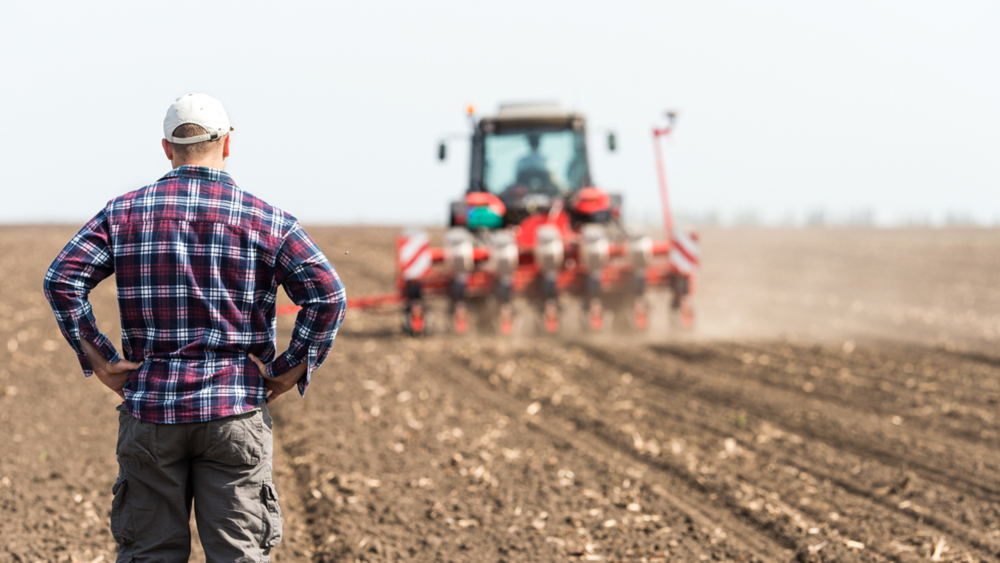- Home
- Cereals and oilseeds farmer: Brexit no-deal case study
Cereals and oilseeds farmer: Brexit no-deal case study
Andy grows winter wheat, winter barley, oilseed rape and spring beans in rotation on his 500 acre cereals farm in East Anglia. The farm is part-owned, part-rented. Andy has two full-time staff, including himself.

What will happen to Andy’s business on Day 1 of a ‘no deal’ Brexit?
It’s unlikely that there will be a dramatic overnight change. Under a ’no deal’ scenario, exports to the EU (UK’s main market for cereals and oilseeds), could attract tariffs and become uncompetitive. If there is then a surplus of these in the domestic market, prices are likely to be depressed as a result. A weaker sterling may offset the tariff impact on exports to the EU and make UK products more competitive in non-EU markets but could see increased prices for inputs imported into the UK – such as seed, chemicals and fertilisers, and machinery and spare parts. Any delays at ports or issues with haulage could cause delays in deliveries.
Could there be issues for Andy in the next 6 months or so?
The price of cereals could fall if there is a surplus and exports are uncompetitive. Any changes in demand for feed for the livestock sectors and grains for ethanol industry could be influential. The UK government has decided to impose no tariffs on cereals imports in the event of a ‘no-deal’ Brexit, which could provide UK grain processors with more competitive grain sources.
For milling wheat, prices may be negatively affected due to disruption of flour trade between the UK and Republic of Ireland, a key export destination for UK flour.
Potentially, Andy’s farm business income could suffer from lower prices for his cereals and oilseeds and higher prices for his inputs, eroding his margins. However, the real challenge comes later with the loss of support payments .
Looking further ahead
Although the UK will be free to negotiate trade deals with other countries once it has left the EU (and the customs union) – this will take time (for example the EU-Canada CETA trade agreement took 7 years to complete).
Under the new English Agricultural policy, Andy’s farm business income may be supported by funding under “public money for public goods”, however the opportunities are still far from certain as a considerable amount of detail is still missing.
What can Andy do?
The things Andy needs to focus on are the elements that are in his control, such as his business’ ability to adapt and survive these changes. Planning should start now, if this has not already started.
AHDB’s Brexit Impact Calculator, Resilience Checklist and Farmbench are tools which will identify the key areas the business needs to focus on.
‘Preparing for change: The characteristics of top performing farms’ shows where small changes can add up to a big business improvement.

